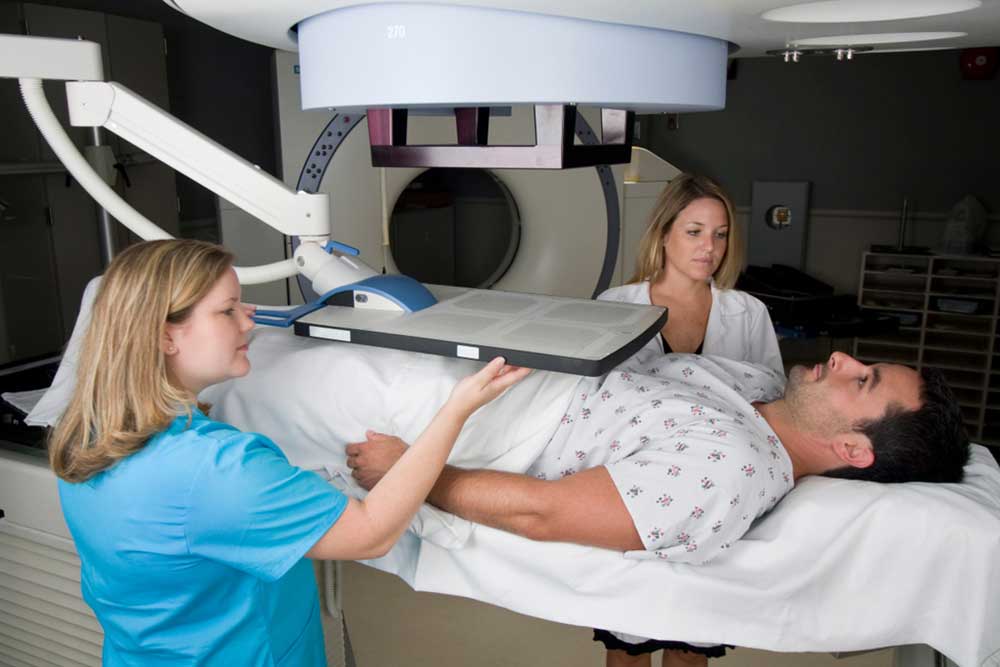Key Insights into Mesothelioma: Causes, Symptoms, and Treatments
Learn the essential facts about mesothelioma, including its causes, symptoms, stages, and treatment options. This aggressive cancer is mainly linked to asbestos exposure and affects areas like the lungs, heart, and abdomen. Early detection and understanding risk factors can aid in better management. Although incurable, treatments can improve quality of life and extend survival. This comprehensive guide provides vital insights to help patients and caregivers navigate this complex disease.

Understanding Mesothelioma: Essential Facts
Mesothelioma is a rare, aggressive cancer affecting the mesothelium—the lining surrounding vital organs like the lungs, heart, and abdomen. Predominantly caused by asbestos exposure, it often begins in the chest area, though it can also develop around the heart or in the abdominal cavity. The disease is classified based on the affected region: pleural (lungs), pericardial (heart), peritoneal (abdomen), and testicular (testes). This cancer primarily results from inhaling or swallowing asbestos fibers, leading to inflammation and tumor growth.
Major Causes of Mesothelioma
Asbestos Exposure
Long-term contact with asbestos fibers is the primary cause. Workers in industries involving asbestos often inhale or swallow microscopic fibers, which embed in the mesothelium and cause cellular damage, leading to tumor formation.
Zeolite Minerals
Found in certain soils, especially in regions like Turkey, minerals such as erionite (a zeolite) have been linked to higher mesothelioma rates due to similar properties to asbestos.
Virus Exposure
The SV40 virus, linked to contaminated vaccines from 1955–1963, has been studied for potential links to mesothelioma, but conclusive evidence remains limited.
Radiation
High doses of radiation to the chest or abdomen, or exposure to substances like thorium dioxide used in historical imaging procedures, may increase risk.
Genetic Factors
Inherited genetic mutations may predispose some individuals to developing mesothelioma.
Recognizing Symptoms
Pleural Mesothelioma: Chest pain, persistent cough, shortness of breath, lumps under the skin of the chest, unexplained weight loss.
Peritoneal Mesothelioma: Abdominal pain, swelling, nausea, fluid buildup, loss of appetite, fatigue, weight loss.
Pericardial Mesothelioma: Heart-related issues such as chest pain, difficulty breathing, fatigue, and irregular heartbeats.
Testicular Mesothelioma: Fluid accumulation in the scrotum and lumps on or around the testicles.
Stages of Disease Progression
Stage 1: Tumor localized to the lining, without spread.
Stage 2: Spread to nearby organs, such as the diaphragm.
Stage 3: Invasion into adjacent tissues, organs, and lymph nodes.
Stage 4: Widespread metastasis affecting distant organs and tissues.
Available Treatments and Prognosis
Early Stage: Surgery, radiation, chemotherapy, immunotherapy, and targeted therapy may extend survival, often over 21 months.
Intermediate Stage: Similar treatments; survival averages around 19 months.
Advanced Stage: Focus on symptom relief, with a typical survival of about 16 months.
Terminal Stage: Hospice care aimed at comfort, with about a year of life expectancy.
Dietary Tips for Management
Incorporate omega-3 rich fish
Eat fiber-dense foods
Use anti-inflammatory spices like turmeric, basil, and rosemary
Consume natural Coenzyme Q sources
Drink green or herbal teas
Note: Consult your healthcare provider for personalized medical advice. This article provides general information and is not a substitute for professional medical guidance.










